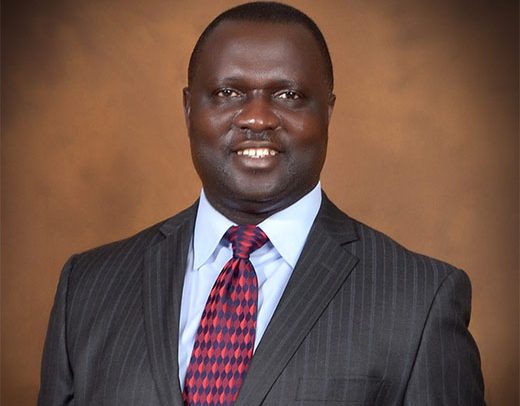Dr. Yaw Osei-Adutwum
A total of 470,768 primary four pupils in public schools will on December 17, 2021 write the first ever National Standardised Test (NST) to assess their knowledge, skills, values and attitudes in line with the new pre-tertiary education curriculum.
The National Learning Assessment (NLA) programme, which is part of Ghana’s Education Strategic Plan from 2018 to 2030, is intended to measure the quality of learning achievement to ensure that children achieve basic literacy, numeracy and critical thinking skills.
Minister of Education, Dr. Yaw Osei-Adutwum, who announced this at a press conference on Monday, said the overall aim is to reduce learning poverty in Ghana, adding that it is the expectation of the World Bank and UIS for all school-going children to be able to read by age 10.
The NLA is also responsive to some global mandates, including the SDG 4.1.1 and the UNESCO Education 2030 Framework for Action which calls for the administration of nationally representative learning assessment during primary education, at the end of primary education and at the end of lower secondary education.
According to him, as part of the government’s quest to build a robust education system, the NST is being introduced to answer “how well are learners learning with reference to curriculum standards.”
It also seeks to answer the question “are learners achieving a minimum competency or proficiency in English language and Mathematics?” and “does evidence indicate particular strengths and weaknesses in learners’ knowledge and skills?” among others.
Director General of the Ghana Education Service (GES), Prof. Kwasi Opoku Amankwa said the GES has been able to register all primary four pupils in public schools and was looking forward to seeing 470,768 primary four pupils take the exams.
“It will be a one day exam in two sections – language literacy (English language) and numeracy (Mathematics). We want to run these exams in about 2, 850 examination centres across the country,” he explained.
There are about 15,391 schools involved and that for every centre the GES was expecting 200 pupils to turn up for the exams which will be objective test questions, comprising 35 questions each for English and Mathematics.
Prof. Amankwa said there are many advantages, including “assessment for learning and of learning, noting that “the grading will not come in a form of who gets first [position], second, third in that order, but it would be done to let us know the areas where we need to improve on.”
“It will help us to know the areas where they (pupils) are doing better and where we should concentrate on the teachers’ approaches and methodologies. We will ensure that by the time they get to their final year and write their final exams as many of them as possible are able to sail through.
“We also want to be able to give them the right knowledge, skills that they need, and the right attitude at every level of their learning,” he asserted and said countries such as Gambia, Angola, Kenya, South Africa and US had been doing this assessment long ago.
“We have worked closely with the National Council for Curriculum and Assessment (NaCCA) and West African Examinations Council to roll out the programme,” he added.
By Ernest Kofi Adu

